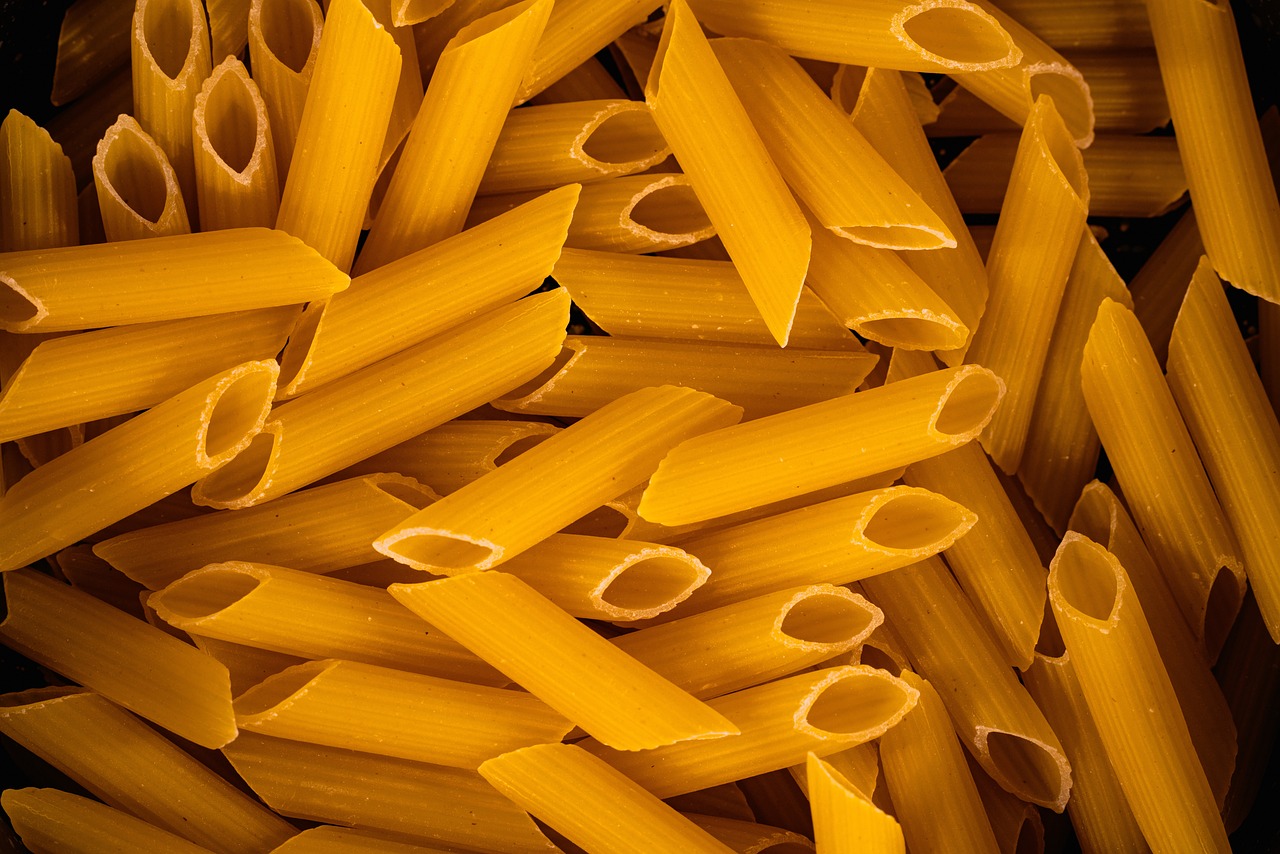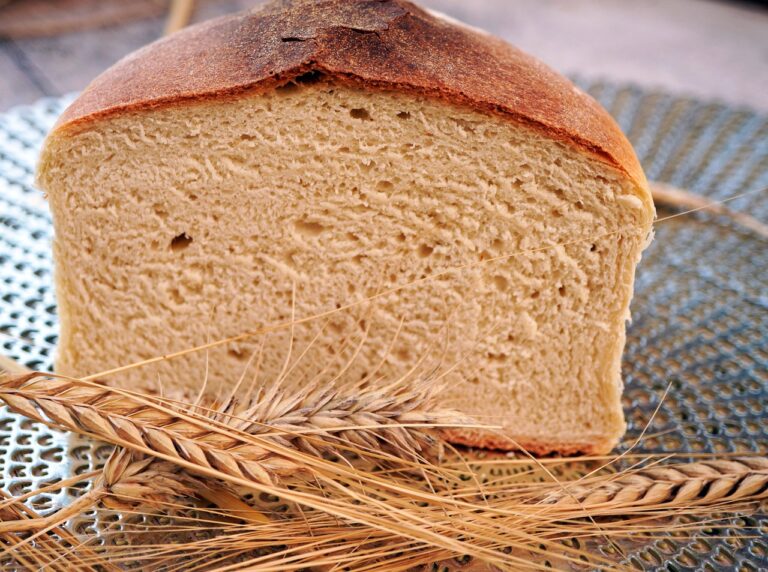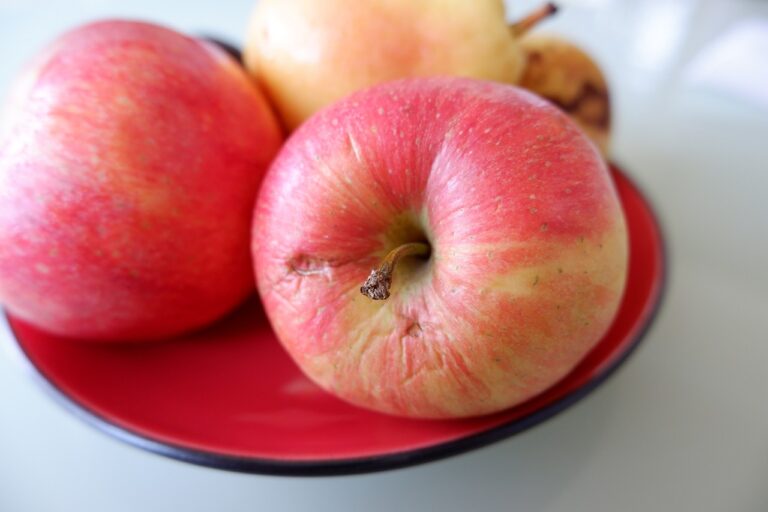How to Use Olive Oil in Plant-Based Cooking: 11x play online, Reddy bet, Golden777
11x play online, reddy bet, golden777: Plant-based cooking has gained popularity in recent years as more people are opting for a diet that focuses on whole, plant-based foods. Olive oil is a staple in Mediterranean cuisine and is a versatile ingredient that can add flavor and depth to plant-based dishes. In this article, we will explore how to use olive oil in plant-based cooking to enhance the flavors of your meals.
Choosing the Right Type of Olive Oil
When it comes to selecting olive oil for plant-based cooking, it’s essential to choose the right type of olive oil for your recipe. Extra virgin olive oil is the highest quality olive oil, extracted from olives using natural methods. It has a rich flavor and is best used for drizzling over salads or finishing dishes. Virgin olive oil is also a good option for cooking as it has a slightly higher smoke point than extra virgin olive oil. It is important to note that refined olive oil has a milder flavor and a higher smoke point, making it suitable for high-heat cooking methods such as frying and roasting.
Using Olive Oil for Sauteing and Stir-Frying
One of the most common ways to use olive oil in plant-based cooking is for sauteing and stir-frying vegetables. Heat a tablespoon of olive oil in a skillet over medium heat and add your favorite vegetables such as bell peppers, onions, and zucchini. Stir fry the vegetables until they are tender and caramelized, then season with salt and pepper to taste. You can also add herbs and spices such as garlic, thyme, and oregano to enhance the flavors of your dish.
Drizzling Olive Oil Over Salads and Vegetables
Olive oil is a fantastic addition to salads and vegetables, adding a rich, savory flavor to your dishes. To make a simple vinaigrette, whisk together olive oil, balsamic vinegar, Dijon mustard, and a pinch of salt and pepper. Drizzle the vinaigrette over a mixed green salad or roasted vegetables for a delicious and healthy meal. You can also drizzle olive oil over grilled vegetables or steamed greens for an extra burst of flavor.
Using Olive Oil in Baking
Olive oil can also be used in baking to add moisture and richness to plant-based desserts. Substitute olive oil for butter or vegetable oil in your favorite baked goods such as muffins, cakes, and cookies. Olive oil adds a subtle fruitiness and complexity to baked goods, enhancing the overall flavor of your sweet treats. When using olive oil in baking, opt for a mild or fruity olive oil to avoid overpowering the other flavors in your recipe.
Marinating Tofu and Tempeh
Marinating tofu and tempeh in olive oil can help infuse them with flavor and create a delicious plant-based protein option for your meals. Whisk together olive oil, soy sauce, garlic, ginger, and a pinch of sugar to create a simple marinade for tofu or tempeh. Marinate the tofu or tempeh for at least 30 minutes to allow the flavors to penetrate the ingredients fully. Then, cook the marinated tofu or tempeh by grilling, baking, or pan-frying for a flavorful and satisfying dish.
Making Homemade Salad Dressings
Olive oil is a key ingredient in homemade salad dressings, adding richness and depth to your favorite greens. To make a basic olive oil vinaigrette, whisk together olive oil, lemon juice, Dijon mustard, and a pinch of salt and pepper. You can also add herbs and spices such as basil, parsley, or garlic to create a customized dressing for your salads. Experiment with different vinegars and citrus juices to create unique flavor combinations that will elevate your salads to the next level.
Storing Olive Oil Properly
To ensure the freshness and quality of your olive oil, it’s essential to store it properly. Keep your olive oil in a cool, dark place away from heat and light sources to prevent it from oxidizing. Once opened, use your olive oil within six months for the best flavor and quality. It is vital to note that olive oil can solidify in cold temperatures, so if this happens, simply place the bottle in a warm water bath to liquefy the oil before using it.
FAQs
Q: Can I use olive oil for frying?
A: Olive oil can be used for frying, but it’s essential to choose the right type of olive oil for the job. Refined olive oil has a higher smoke point than extra virgin olive oil, making it suitable for frying and other high-heat cooking methods. Be sure to monitor the temperature of the oil to prevent it from reaching its smoke point and becoming rancid.
Q: Is olive oil healthy for plant-based cooking?
A: Olive oil is an excellent source of monounsaturated fats, which can help lower cholesterol levels and reduce the risk of heart disease. It also contains antioxidants and anti-inflammatory properties that can benefit overall health. When used in moderation, olive oil can be a healthy addition to plant-based cooking.
Q: Can I substitute olive oil for other oils in recipes?
A: Yes, olive oil can be substituted for other oils in recipes, such as vegetable oil or coconut oil. Keep in mind that olive oil has a distinct flavor, so it may alter the taste of your dish slightly. For baking, choose a mild or fruity olive oil to avoid overpowering the other flavors in your recipe.
Q: Is olive oil suitable for raw dishes?
A: Olive oil can be used in raw dishes such as salads, dressings, and dips to add flavor and richness to the ingredients. Extra virgin olive oil is best suited for raw dishes as it has a robust flavor that can enhance the overall taste of your meal.
In conclusion, olive oil is a versatile ingredient that can elevate the flavors of plant-based dishes. Whether you’re sauteing vegetables, drizzling it over salads, or using it in baking, olive oil adds richness and depth to your meals. Experiment with different types of olive oil and flavor combinations to create delicious and healthy plant-based dishes that you and your family will love.







